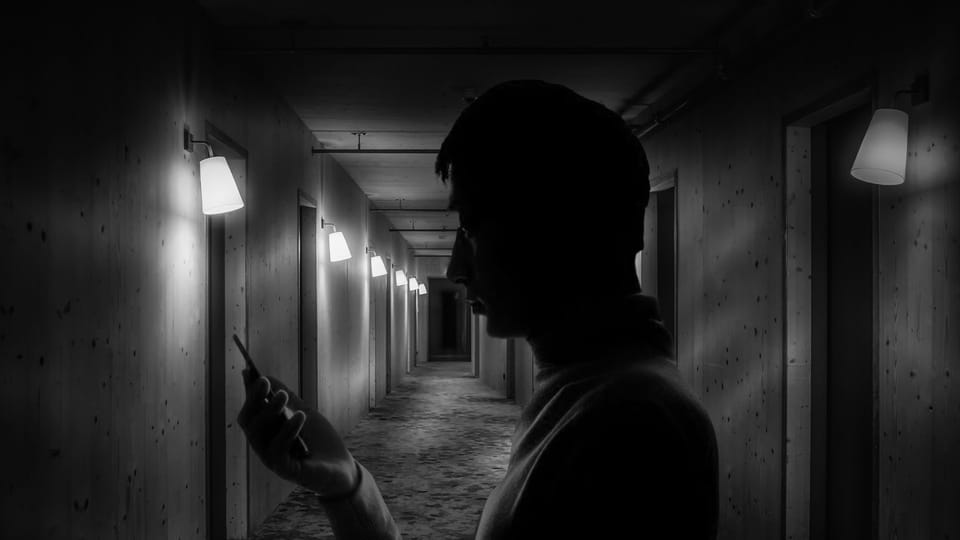Digital Armor: How Smartphones Became Our Social Safety Nets?

You’re standing in line.
Waiting for a friend.
Alone at a café.
You don’t need to check your phone… but you do.
You don’t have a notification… but you pretend you do.
Why?
This isn’t boredom.
It’s a defense mechanism.
The Phone as Armor

In the age of constant connectivity, phones have become more than tools.
They’re shields—digital armor we use to cope with the awkwardness of public solitude.
When we pull out our phones in social settings, we’re not just avoiding silence.
We’re protecting ourselves from the feeling of being watched, judged, or left out.
It’s not a conversation we’re dodging.
It’s vulnerability.
Impression Management in the Wild
Psychologists call it impression management: the act of controlling how we’re perceived by others.
In the past, we had books, newspapers, or looking busy.
Today?
We scroll. We type. We feign urgency.
Phones give us permission to disconnect while appearing connected.
They help us avoid being the weird one alone at a table.
But at what cost?
Social Shielding and the Death of Eye Contact

This quiet behavior—let’s call it social shielding—is now a collective habit.
And like most habits, it shapes our culture.
Elevator rides are silent.
Waiting rooms are graveyards.
Eye contact is rare.
Instead of confronting discomfort, we swipe it away.
Instead of being, we buffer.
Is It Really Harmless?

It feels harmless.
But over time, it chips away at something ancient:
our ability to be present, still, and socially available.
The act of just being is becoming obsolete.
We don't loiter, linger, or exist without context anymore.
If there's no phone in hand, there must be something wrong.
What This Reveals About Us

We live in a time where visibility and vulnerability are tightly wound.
And most of us would rather look distracted than look lonely.
But maybe the antidote isn’t more content.
Maybe it’s more comfort with silence.
With presence.
With doing… nothing.
Because sometimes the most radical act in a hyper-connected world is simply being okay with being seen.